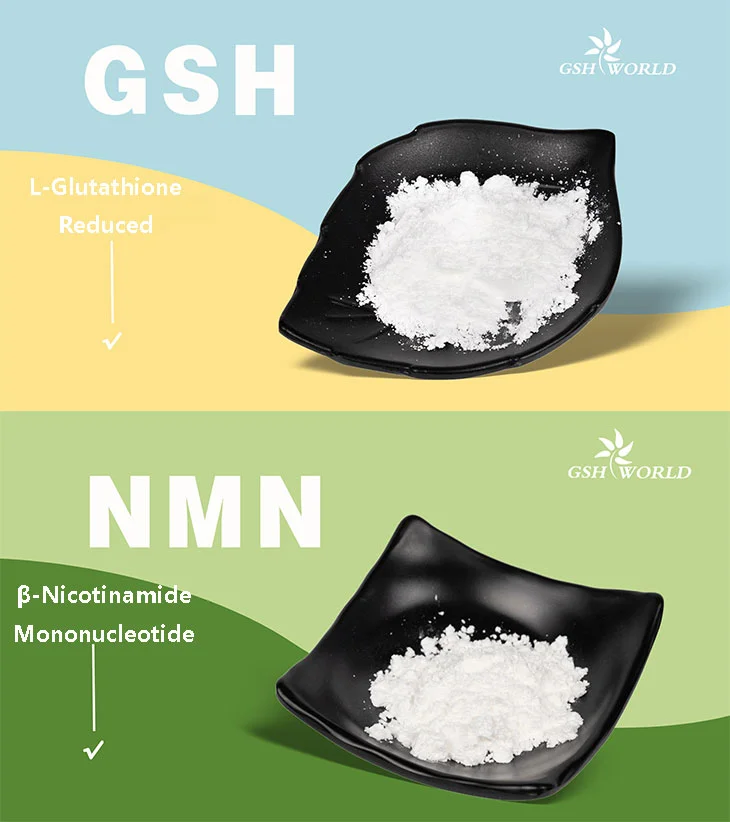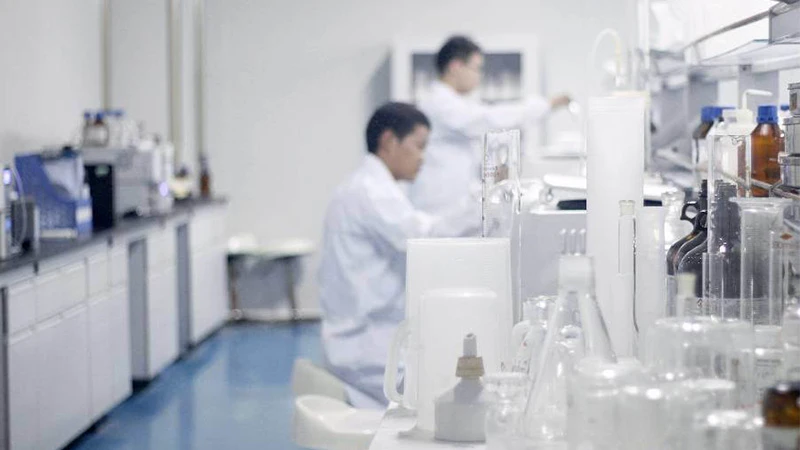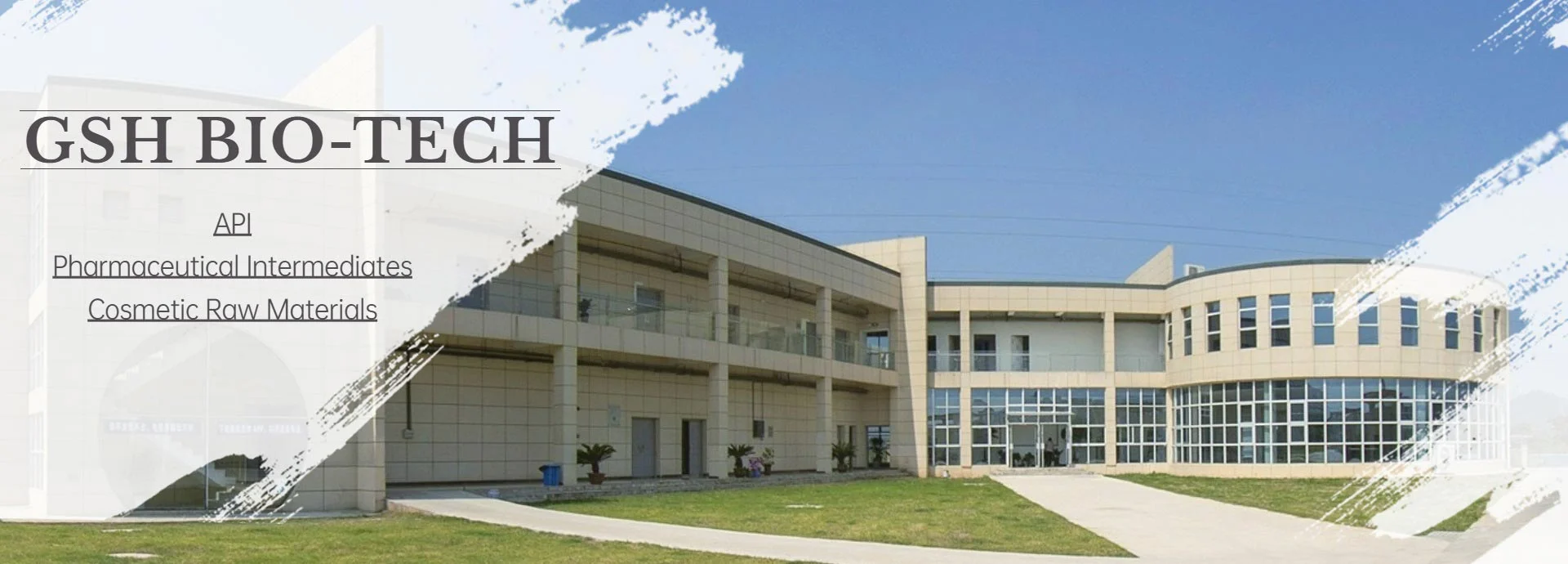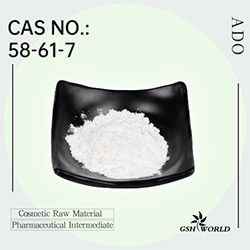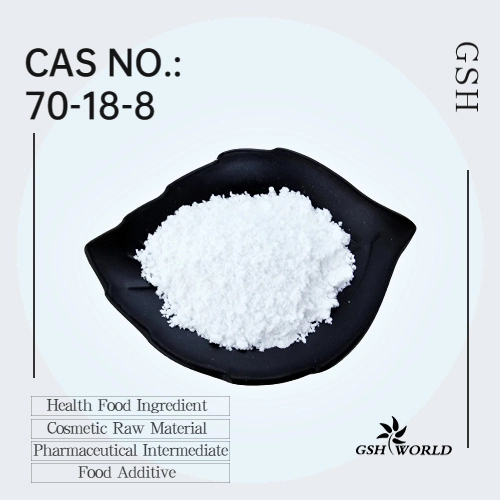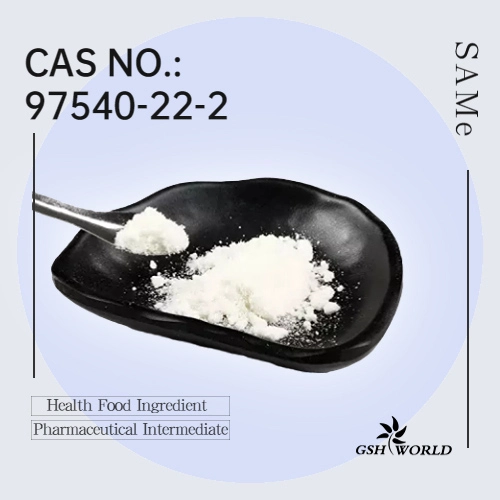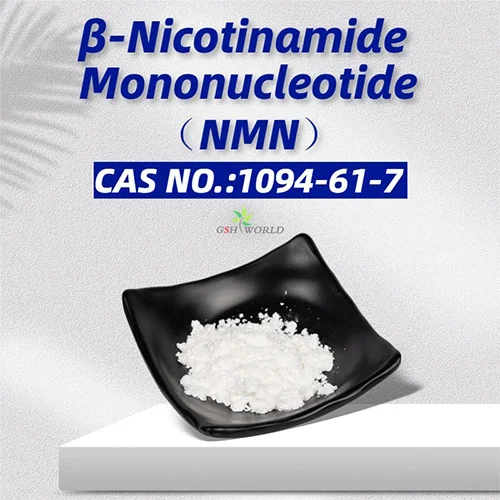Adenosine in Topical Hair-Loss Formulations
Hair loss affects more than appearance; it often triggers anxiety and social withdrawal. At present, only topical minoxidil and oral finasteride are formally approved for treating androgenetic alopecia. In recent years, adenosine—an endogenous nucleoside—has emerged as a promising topical active ingredient. Its mechanisms of action and clinical performance offer a new therapeutic angle for patients seeking alternatives.
Mechanism of Action
Adenosine (adenine + D-ribose) is ubiquitous in human tissues and has an well-established safety profile; both the U.S. FDA and the European EMA allow its use in leave-on cosmetics at ≤0.1 %.
Anti-hair-loss activity is mediated through G-protein-coupled adenosine receptors (A₁, A₂A, A₂B, A₃):
1. Binding to A₂B receptors on dermal papilla cells raises intracellular cAMP, which up-regulates fibroblast growth factor-7 (FGF-7). FGF-7 pushes follicles into and prolongs anagen.
2. Adenosine simultaneously activates the Wnt/β-catenin pathway, promoting matrix-cell proliferation and hair-shaft differentiation, thereby lengthening anagen and shortening telogen.
Notably, part of minoxidil’s own efficacy depends on endogenous adenosine, underscoring the nucleoside’s central role in hair-cycle control.

Clinical Efficacy
- A 2025 systematic review and meta-analysis (Szendzielorz & Spiewak, Biomolecules) pooled data from randomized trials that tested topical adenosine at 0.1–1 %. After 6 months, a 0.75 % adenosine lotion produced:
- A statistically significant increase in mean hair density
- A higher proportion of thick (≥50 µm) terminal hairs and a concurrent drop in vellus-like miniaturized hairs
Only two mild adverse events (folliculitis, pruritus) were recorded across all trials, and participant satisfaction was superior to that seen with minoxidil, mainly because the lotion is non-greasy and perceived to work faster.

Limitations & Outlook
Most studies are small, and several tested multi-ingredient lotions, making it hard to isolate adenosine’s contribution; overall evidence quality is low-to-moderate. Nevertheless, for patients who cannot or prefer not to use minoxidil or finasteride, topical adenosine is a rational, safe option. Large, single-active, placebo-controlled trials are still needed to define optimal concentration, application frequency, and long-term maintenance effects before adenosine can enter evidence-based guidelines.
Reference
Szendzielorz E, Spiewak R. Adenosine as an active ingredient in topical preparations against hair loss: a systematic review and meta-analysis of published clinical trials. Biomolecules. 2025;15(8):1093.
*Special note - This article is for informational purposes only and cannot replace a doctor's treatment diagnosis and advice. It should not be regarded as a recommendation or proof of efficacy of the medical products involved. If it involves disease diagnosis, treatment, and rehabilitation, please be sure to go to a professional medical institution to seek professional advice.
PREVIOUS: Effects of Exogenous Glutathione on Seed Vigour
NEXT: Core Advantages and Therapeutic Potential of Pyrroloquinoline Quinone
by GSHWORLD
GSHWORLD is China Biological API Manufacturer. China Adenosine Supplements powder suppliers & best Adenosine benefits raw material Factory.


